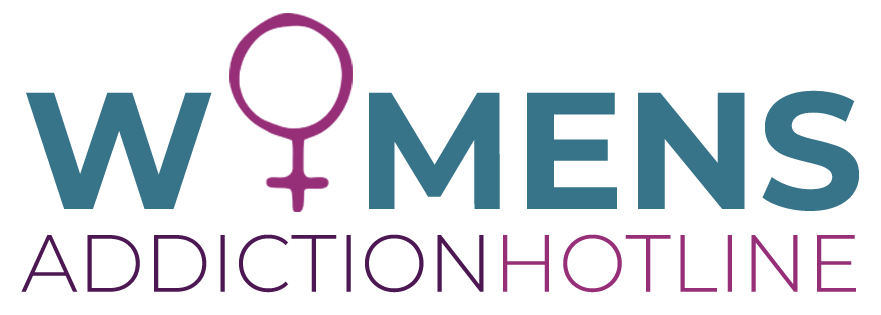Women’s Cocaine Abuse Hotline
Women’s Cocaine Abuse Hotline
Welcome to the Women’s National Cocaine Abuse Hotline, a helpline dedicated to supporting women struggling with alcohol abuse and addiction. Our hotline provides a safe and confidential space for women from all walks of life to seek guidance, resources, and compassionate assistance on their journey towards recovery. Whether you’re battling addiction to drugs, alcohol, or any other substance, our representatives are here to listen without judgment, offering personalized support tailored to your unique needs. At the women’s Cocaine Abuse Hotline, we understand the complex challenges that women face in their journey towards sobriety, including societal pressures, trauma, and stigmatization. Our mission is to empower women to reclaim control of their lives, break free from the grips of addiction, and embrace a healthier, happier future. If this is a medical emergency, call 911 right away.
Women’s National Cocaine Abuse Statistics
Cocaine addiction is a significant problem among women, with trends showing an increase in use over the past decade[1]. In 2019, approximately 5.5 million Americans reported past-year cocaine use, with women having a higher pattern of psychiatric, medical, and social/family issues related to substance use compared to men[2]. While men may have more severe substance use problems, women are more likely to experience consequences related to their addiction, such as: – Increased risk of sexually transmitted infections – Higher rates of depression and anxiety – Greater likelihood of financial instability – Increased risk of domestic violence These factors contribute to the unique challenges that women face when it comes to cocaine addiction.
Several factors contribute to women’s cocaine addiction, including sociodemographic characteristics and reasons for use[3]. Educational level may be a protective factor, showing less severe addictive disorders and better cognitive functioning[4].
However, women who use cocaine often suffer from social discrimination, lower educational levels, and higher unemployment rates[5]. Additionally, women progress faster from first cocaine use to the development of cocaine use disorder compared to men[6]. These factors highlight the importance of addressing the unique needs of women in cocaine addiction treatment.
Cocaine addiction can have severe consequences on women’s health and well-being. Women who use cocaine may initially experience more residual problems, such as depression and job dissatisfaction, than men after treatment[3]. Additionally, high rates of drug use, past abuse, and mental health problems are often found among women in prison, suggesting a need for gender-responsive, trauma-informed care[7]. It is crucial to address the specific needs of women who are struggling with cocaine addiction to ensure that they receive the appropriate care and support necessary for recovery.
References
1. Trends in cocaine use among United States females of …. (n.d.) retrieved February 18, 2024, from onlinelibrary.wiley.com/doi/full/10.1111/ajad.13502
2. Gender Differences in Cocaine Dependence – PMC. (n.d.) retrieved February 18, 2024, from www.ncbi.nlm.nih.gov/pmc/articles/PMC2562511/
3. A Comparison of Male and Female Cocaine Abusers. (n.d.) retrieved February 18, 2024, from jamanetwork.com/journals/jamapsychiatry/fullarticle/494475
4. Influence of gender and education on cocaine users in an …. (n.d.) retrieved February 18, 2024, from www.ncbi.nlm.nih.gov/pmc/articles/PMC8536710/
5. Influence of gender and education on cocaine users in an …. (n.d.) retrieved February 18, 2024, from www.nature.com/articles/s41598-021-00472-7
6. Cocaine Use Disorder (CUD): Current Clinical Perspectives. (n.d.) retrieved February 18, 2024, from www.ncbi.nlm.nih.gov/pmc/articles/PMC9451050/
7. Women and drugs: health and social responses. (n.d.) retrieved February 18, 2024, from www.emcdda.europa.eu

Women and Cocaine Addiction Across the Nation
In the realm of substance abuse, certain narratives dominate the conversation, overshadowing the silent struggles faced by many women across the nation. Cocaine addiction, once depicted as primarily a male affliction, has quietly infiltrated the lives of countless women, leaving devastation in its wake. This information aims to shine a light on the often-overlooked issue of women’s cocaine addiction, exploring its prevalence, unique challenges, and the urgent need for comprehensive support and intervention.
The Pervasiveness of Women’s Cocaine Addiction
Cocaine addiction knows no bounds, affecting women from all walks of life and across every corner of the nation. While historically portrayed as a predominantly male problem, recent years have seen a significant rise in cocaine use and addiction among women. From bustling urban centers to rural communities, the allure of cocaine’s euphoric effects has ensnared women of all ages, races, and socioeconomic backgrounds.
Understanding the Unique Challenges
Women grappling with cocaine addiction face a myriad of unique challenges, often exacerbated by societal expectations, gender roles, and systemic barriers. Many women turn to cocaine as a means of coping with trauma, stress, or societal pressures, seeking temporary relief from the weight of their burdens. Moreover, the stigma surrounding female substance abuse can deter women from seeking help, leading to isolation and further compounding their struggles.
Cocaine Impact on Women’s Health and Well-being
The consequences of cocaine addiction are particularly dire for women, taking a toll on both their physical and mental health. Physiologically, women may be more susceptible to the adverse effects of cocaine, experiencing heightened cardiovascular risks and hormonal imbalances. Additionally, the intersectionality of addiction with factors such as pregnancy, childcare responsibilities, and economic instability can exacerbate the challenges faced by women seeking recovery.
The Urgent Need for Support and Intervention
Addressing women’s cocaine addiction requires a multifaceted approach that encompasses prevention, intervention, and ongoing support. Healthcare providers must prioritize gender-sensitive screening and treatment protocols, recognizing the unique needs and vulnerabilities of women affected by cocaine addiction. Community-based organizations and support networks play a crucial role in providing women with the resources and assistance needed to navigate the path to recovery.
The time has come to break the silence surrounding women’s cocaine addiction and confront this pressing public health issue head-on. By raising awareness, challenging stereotypes, and advocating for gender-responsive interventions, we can pave the way for a future where all women have access to the support and resources necessary to reclaim their lives from the grip of addiction. Together, let us stand in solidarity with women across the nation, offering hope, healing, and the promise of a brighter tomorrow.

